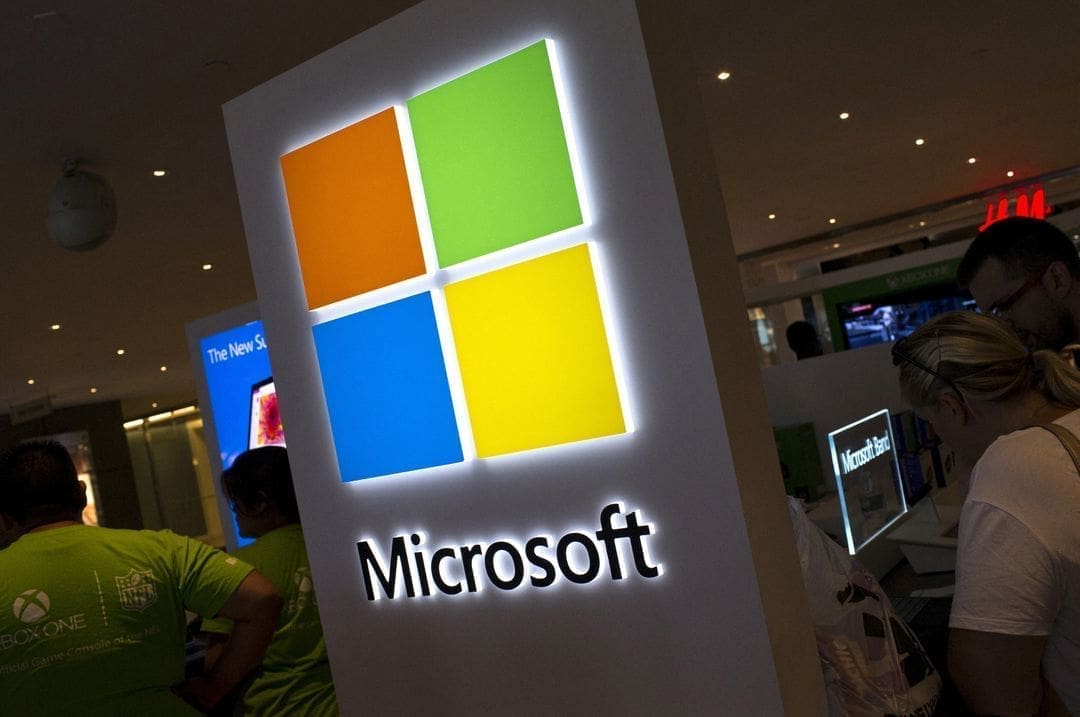On September 28, a Microsoft executive testified that Apple and other smartphone manufacturers had declined revenue-sharing agreements that could have supported Microsoft’s Bing search engine. This decision ultimately maintained Google’s dominant position as the default search engine on those devices.

FILE PHOTO: The Microsoft logo is seen at the Microsoft store in New York City, July 28, 2015. The global launch of the Microsoft Windows 10 operating system will take place on July 29. REUTERS/Mike Segar/File Photo

Jonathan Tinter, a Microsoft vice president responsible for Bing’s growth, provided his testimony during the U.S. Justice Department’s antitrust case against Google, which alleges that Google pays substantial sums, around $10 billion annually, to wireless carriers and smartphone manufacturers to secure its search engine as the default choice on their devices. The government’s argument revolves around Google’s alleged abuse of its search monopoly and certain aspects of search advertising.
Tinter revealed that Bing has faced challenges in becoming the default search engine on smartphones sold in the United States. This limitation has had repercussions on the quality of search results.
During questioning by the Justice Department, Tinter disclosed that Bing had never been the default search engine on any Android or Apple smartphone sold in the U.S. over the past decade. Microsoft had even offered to provide more than 100% of revenue, and sometimes more, to its partners to secure this status.
Tinter summed up the situation, saying, “We were just big enough to play but not big enough to win.”

